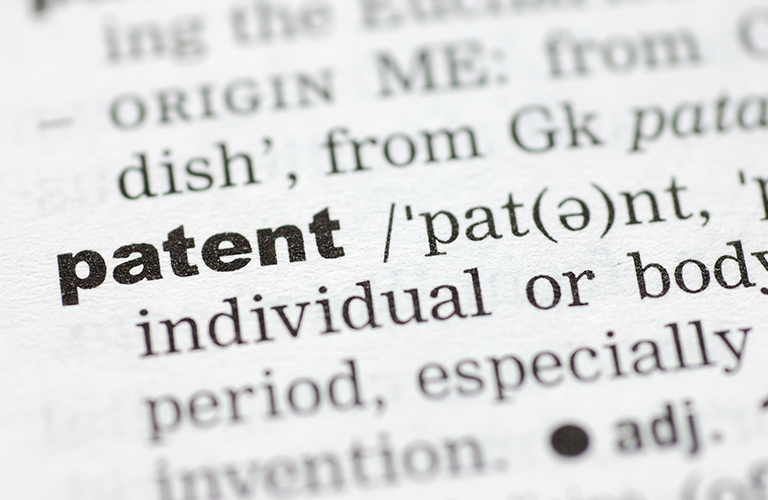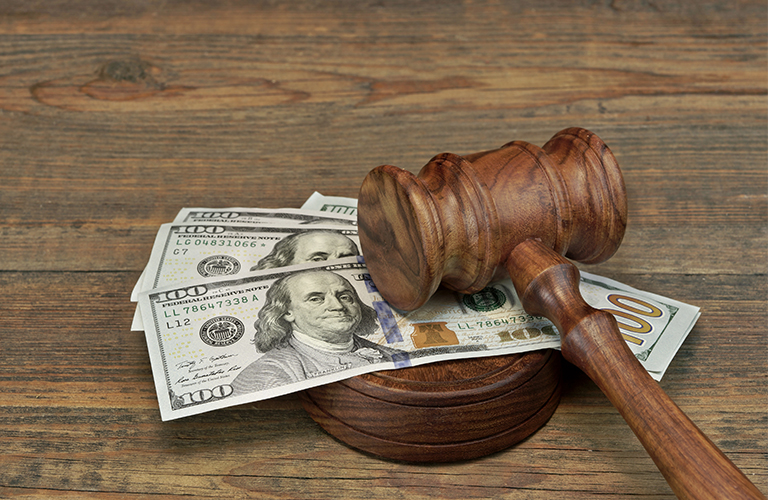
On Friday, an SGR team cemented a victory on behalf of its client Yang when the U.S. Court of Appeals for the Federal Circuit ruled in its favor in an appeal brought by Chan related to a patent interference proceeding (Interference No. 106,025 (the ʼ025 interference)) (2016-1214). The Court’s ruling affirmed the SGR team’s previous success before the Patent Trial and Appeal Board (PTAB), which resulted in judgment against Chan and cancellation of a number of claims of Chan’s U.S. Patent No. 8,614,197 (Chan’s ʼ197 patent). The issues on appeal related to (a) whether the PTAB correctly declared an interference-in-fact… Read more




